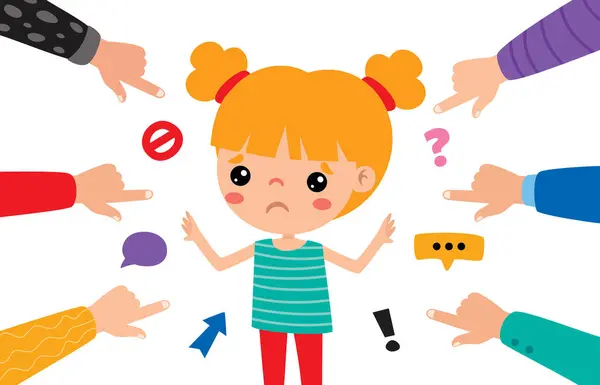As children grow older, developing emotional intelligence is a major part of their development process. This is a major factor in the making or breaking of a child. It is also a challenge for parents or guardians, as not many parents have the capability to help their children understand their emotions and how to deal with them. This article seeks to provide simple but effective ways to help develop the emotional intelligence in children.
-
Allow them express their feelings
Allowing children express their feelings, help them understand their feelings. This entails helping them put names to emotions. Help them develop a vocabulary for their feelings or emotions. For instance, you could ask them how they feel at certain moments in their day to day activities. This would help them communicate their emotions to you and others effectively.
-
Listen to them and teach them to listen to others
When your children express how they feel about things, do well to pay careful attention to them. Show empathy, compassion, or disapproval when necessary. By doing so, your children will know you acknowledge their feelings and you heard them. This will in turn help them develop listening skills which will enable them relate better with others emotionally.
-
Help them work out negative emotions
You should help your child work out their negative emotions without it resulting in harm to anyone else or themselves. Certain boundaries should be set and communicated to the child clearly. For instance, if they are upset because you told them a no, they should learn not to throw tantrums. You could tell them the reason you can’t oblige their request at the moment and why they could instead do something else. The goal of this is that they should know how to cope with negative emotions, because the world has a lot of negativity in it. Breathing exercises can help with anger and anxiety, engaging in sports can help with depression etc. You could teach your children these coping mechanisms.
-
Engage them in emotional intelligence activities
Like was stated in the previous point, help them engage in emotional activities like emotions charade, matching faces to emotions in books, drawing faces with emotions, watching tv on mute while trying to figure out how the actors are feeling, etc. This would help your children be quick to understand people’s emotions.
-
Make them help others
Teaching your children to help others through volunteer work, community service, helping the elderly or sick, would help your children know that the world does not revolve around them. They would learn to put other’s needs first before their own. This would help them become emotionally matured.
-
Teach them Problem Solving Skills
Teaching your children problem solving skills would help them to develop resilience in the face of challenges or difficulties. This is essential for children to learn, so they can be able to handle challenges emotional or otherwise in their lives without breaking down. Example of things that teach children how to solve problems are puzzles, chess games, coding, etc.
Improving your children’s emotional intelligence is not a day’s job and could be difficult sometimes. However, with consistency and discipline you can help your children tow the path of becoming emotionally intelligent adults, thereby helping the society as a whole. So, stay strong and don’t give up hope!


